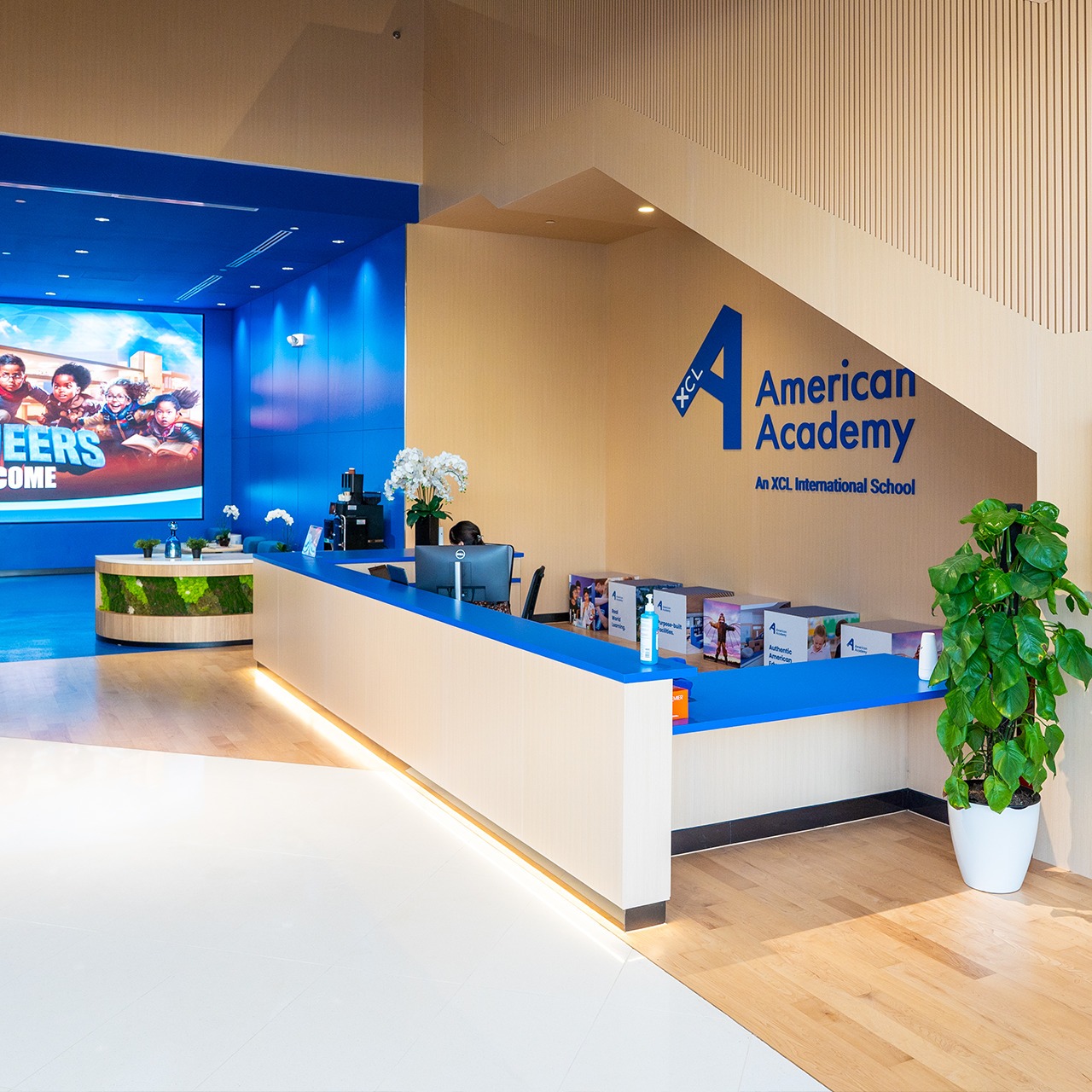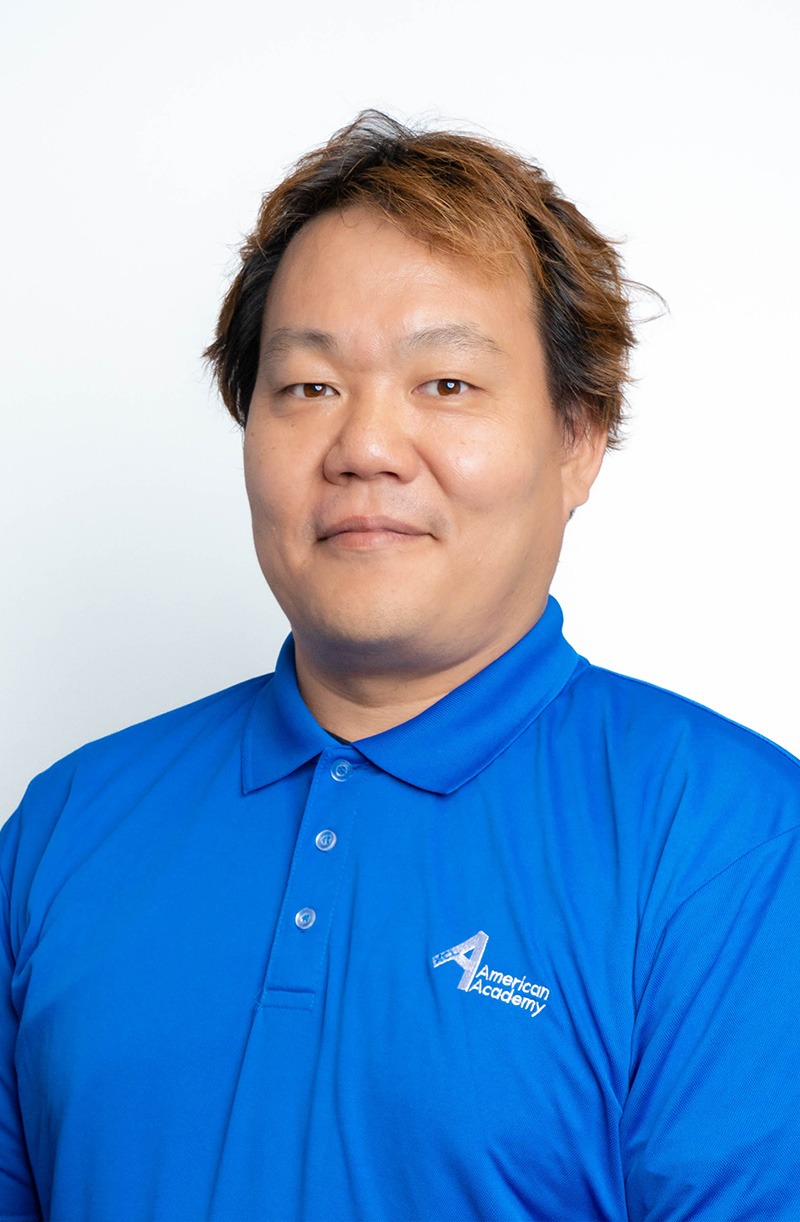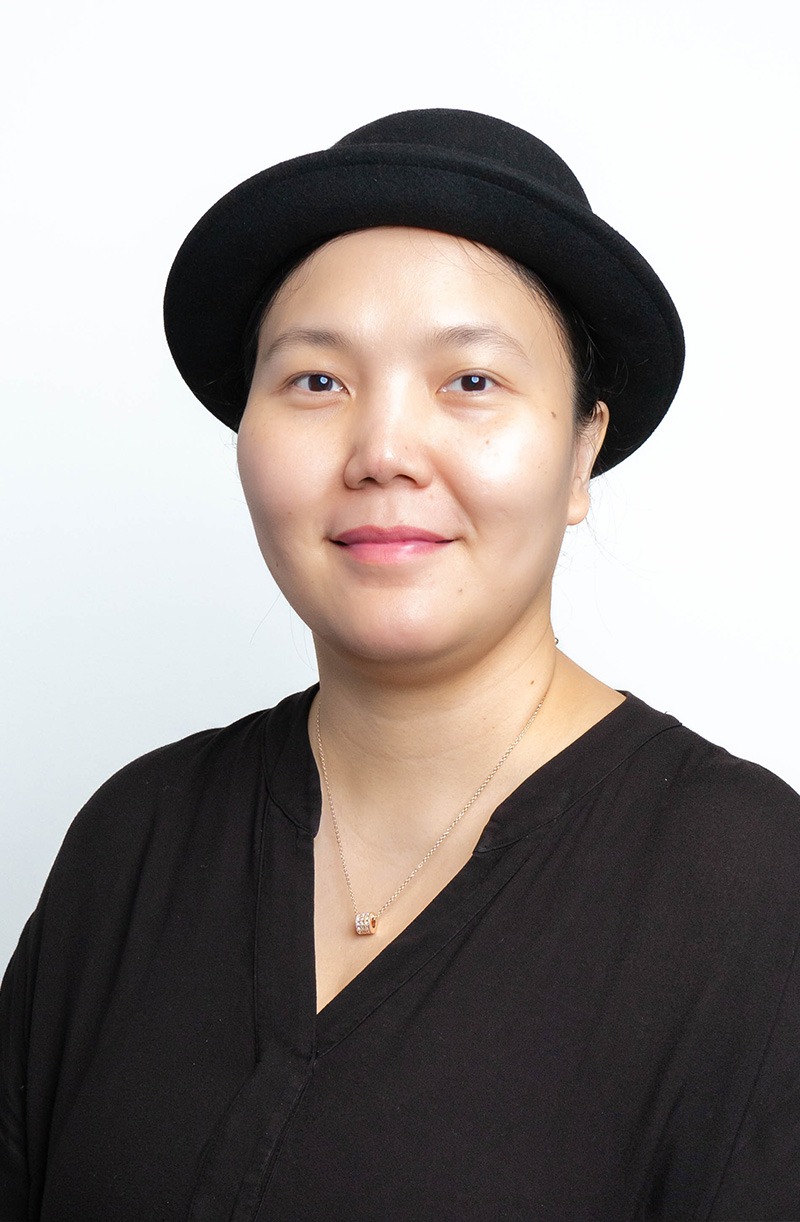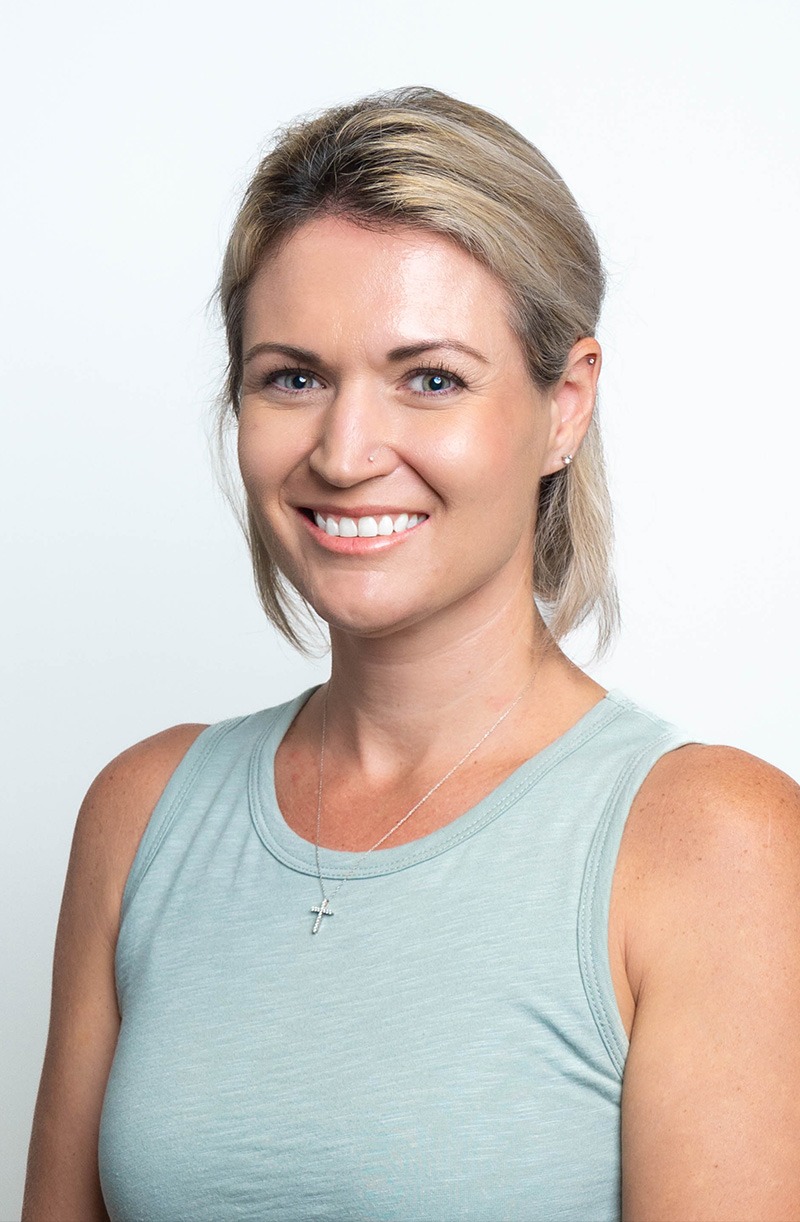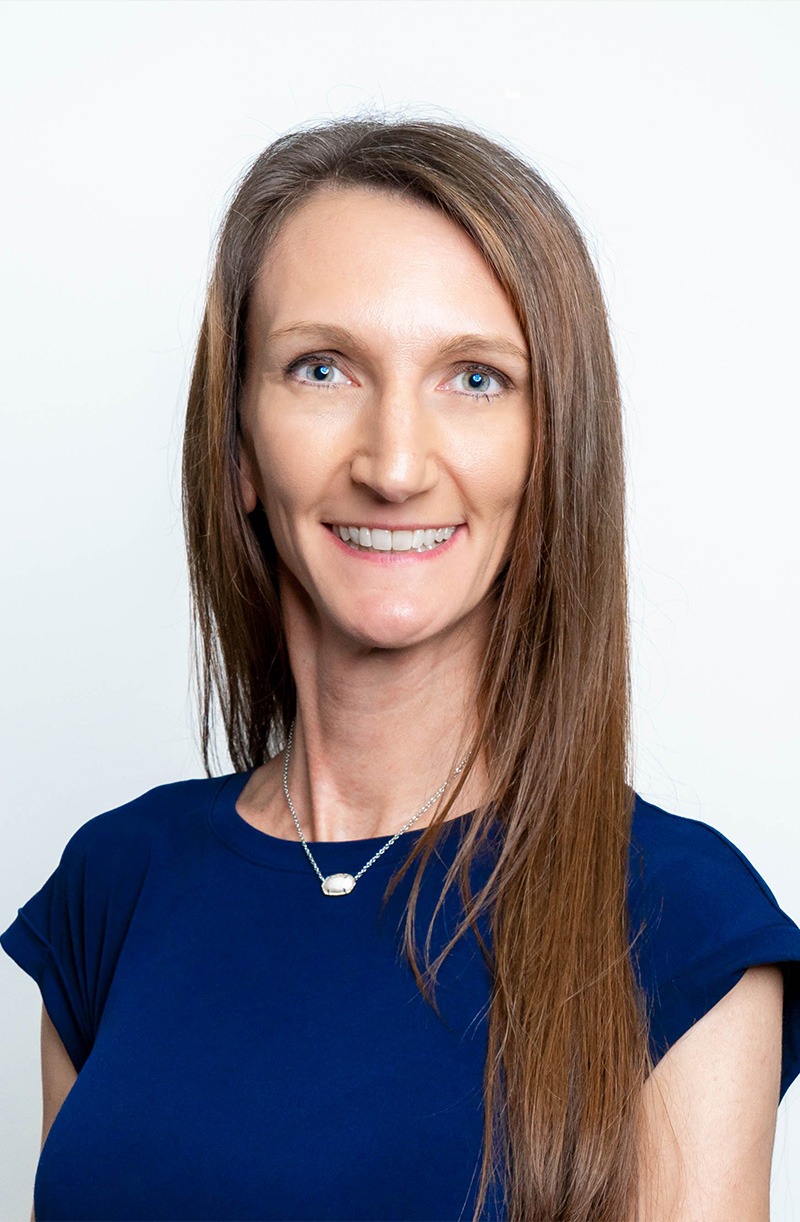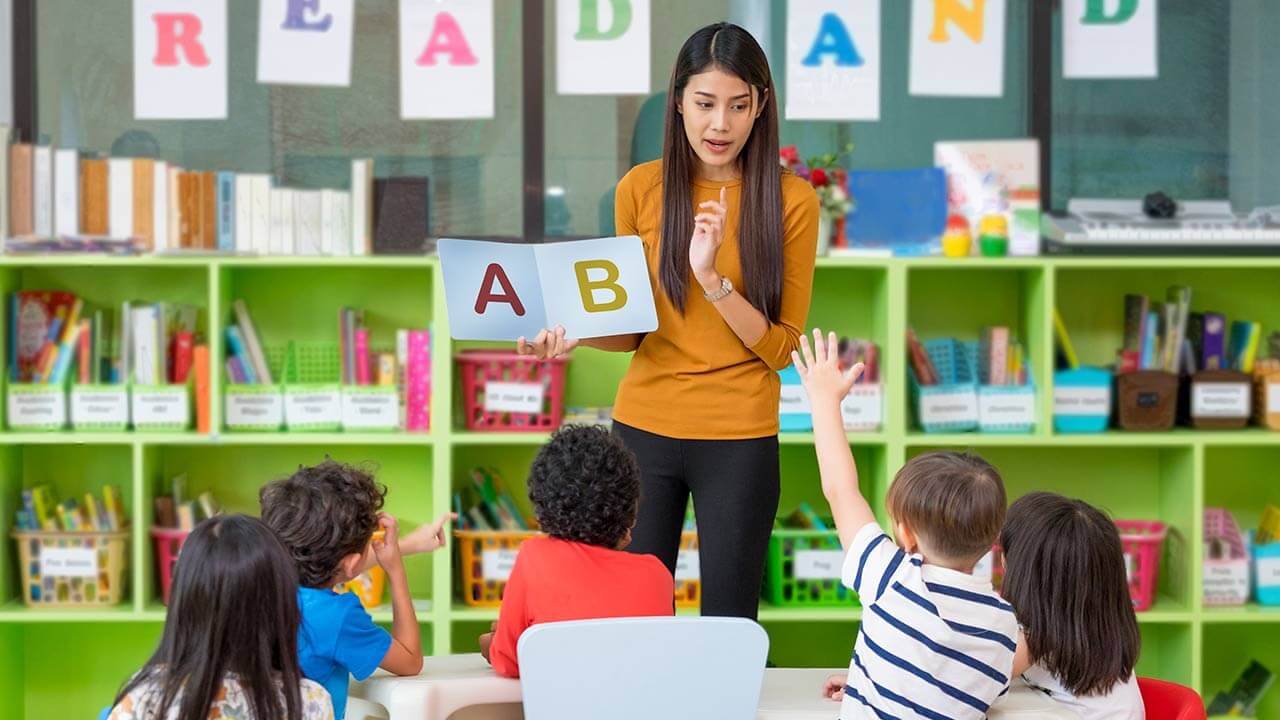
Kindergarten School Guide in Singapore
Looking for the right school for your precious one? Here’s a quick guide on choosing the best kindergarten in Singapore for your child.
What is Kindergarten?
Kindergarten, which was coined by German educator Friedrich Froebel, is derived from a gardening perspective: children are budding plants while teachers are gardeners who help care, shape, and nurture them into their fully realized potentials. Also in German, “kinder” means child, and “garten” means garden.
Typically, children start kindergarten at four or five years old; however, if you want your child to start early, there are preschool programs for children aged three.
In Singapore, children typically start school in preschool, and then move into kindergarten. Compulsory attendance at school begins at age six in Singapore, and parents can consider government-operated schools or international schools as the first step on their child’s learning journey.
If your young child is already exhibiting interest in learning, you are probably thinking of looking for a good kindergarten. Even better if the school also provides a high-quality ‘formal’ academic learning program all the way to primary, secondary and high school.
Aside from finding a school that offers a good kindergarten program, it can also be a daunting task to find an educational institution that provides a great environment where your child can feel safe and secure to learn through play and develop necessary social-emotional skills. With so many options and learning paths available, it can be very confusing for parents to know which school is best for their child.
In this article, we have done some of the legwork for you on how to choose the best kindergarten for your child in Singapore.
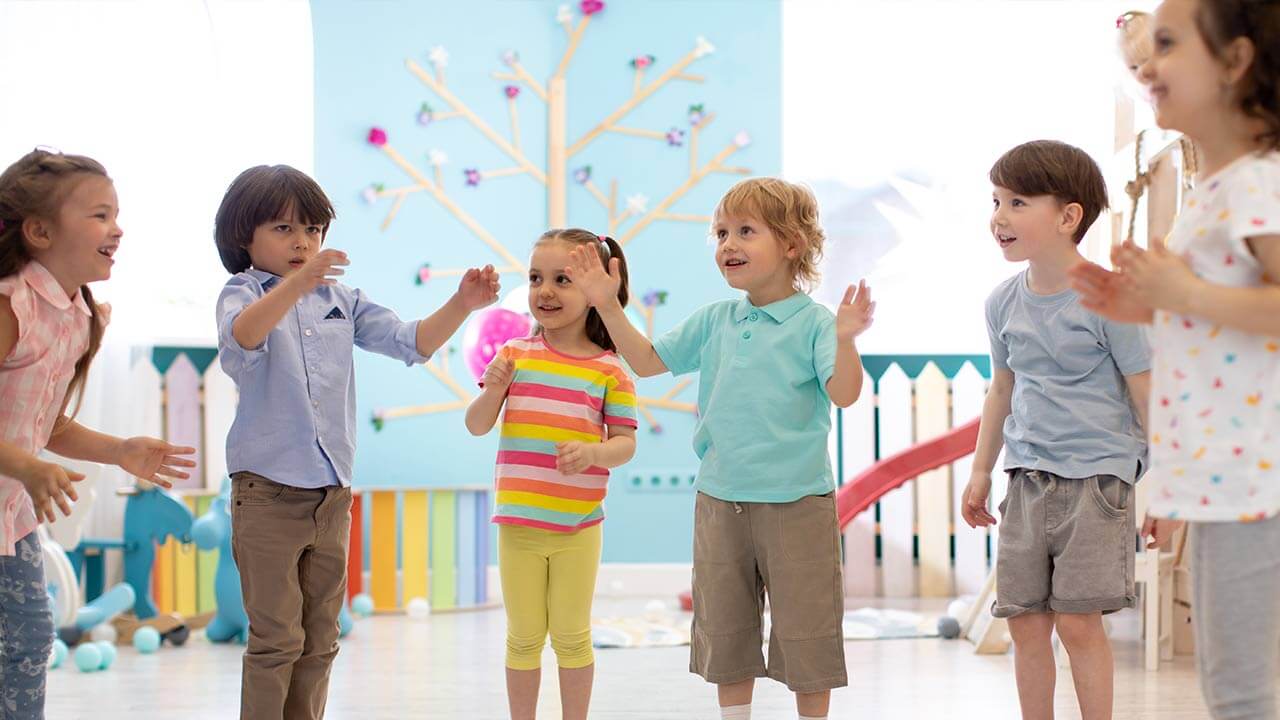
Kindergarten Levels
Kindergarten is composed of two learning levels – Kindergarten 1 and Kindergarten 2. A child in Singapore starts Kindergarten 1, with some parents enrolling kids as early as five years old.
While attendance in kindergarten is not a requirement to enroll in Primary 1, which is the next transitional level, the rigorous nature of education in Singapore has most parents choosing to enroll their children early into formal education.
Moreover, kindergarten plays a significant role in the development of young children. With a good school, they are exposed to a wonderful learning environment of structured play, singing, hands-on activities, as well as the development of necessary social-emotional skills they will need later in life.
Below are the benefits of enrolling your child into kindergarten, with or without previous preschool learning:
1. Kindergarten promotes language and cognitive skills.
Is your child learning how to talk? Or is having difficulty engaging in a conversation with other people or children his or her age? Kindergarten is a wonderful environment for your child to practice and hone his or her language and cognitive skills.
Teachers and teacher assistants can help guide and foster expression, critical thinking and communication skills through well-designed activities, exercises and games.
Because of their age, the things learned in kindergarten are quickly absorbed.
2. Kindergarten promotes social and emotional development.
Just as cognitive development is important, so is your child’s social and emotional development.
Kindergarten teachers are skilled at developing the social and emotional skills of young children. They encourage healthy interaction and social opportunities, and also create “teachable” moments and roleplay to help young children deal with conflict and their emotions.
3. Kindergarten helps kids learn and gain independence.
Kindergarten is an excellent program for young children to learn how to take care of themselves.
In kindergarten, children are taught how to fall in line, go to the bathroom on their own, brush their teeth on their own, eat on their own, pack away things by themselves, and even do activities with little to no help from teachers and teacher assistants.
At kindergarten, these skills are designed into fun routines.
4. Kindergarten allows young children to learn how to help and care for others.
Independence is great, but compassion? Now that’s another great skill young children should develop.
Kindergarten is a great opportunity for children to observe positive behaviors and form healthy relationships with their teachers and other children.
5. Kindergarten promotes reading and math skills.
If you have started getting your young child into reading and math, kindergarten is a structured setup where your child can enhance his or her skills more.
And if your child is just starting his or her educational journey, don’t worry – teachers and teacher assistants are well-trained to ease your child into learning reading and math fundamentals.
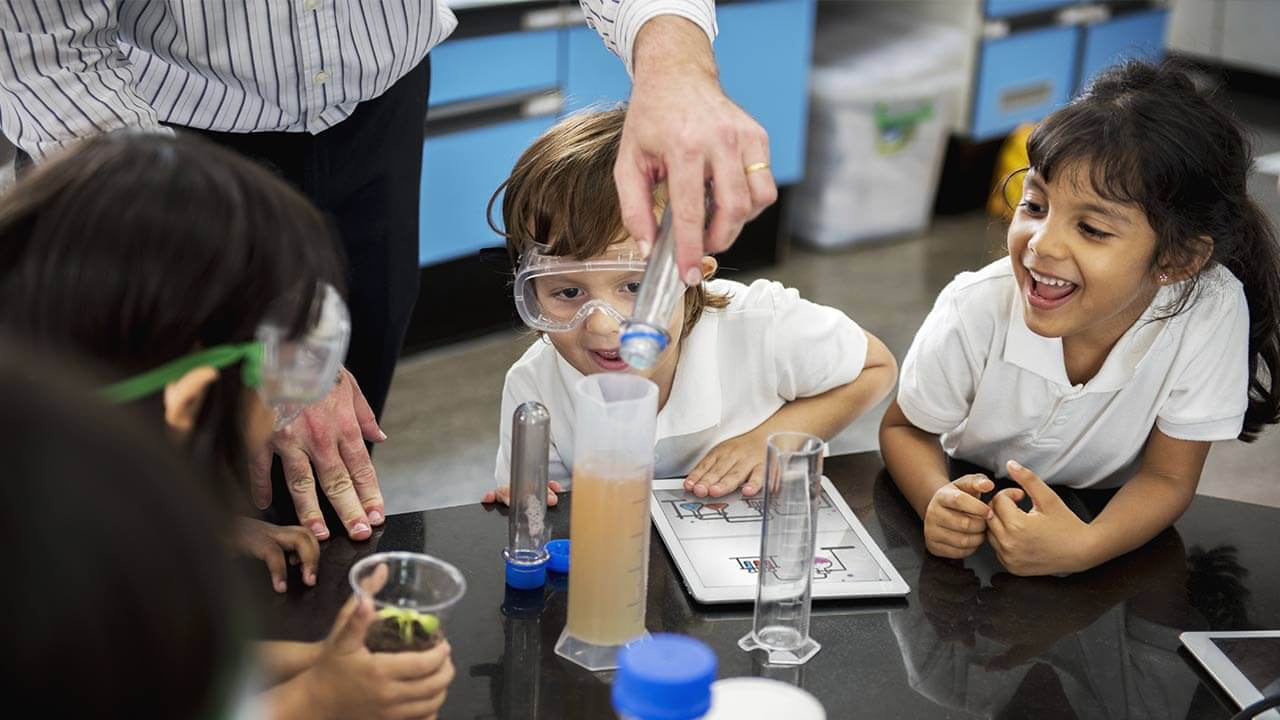
Choosing a kindergarten in Singapore
1. Start your selection process early.
Well-established Singaporean kindergartens tend to fill up pretty quickly. Many popular kindergartens have established waitlists, allowing parents to register their children – even as early as birth. Most schools require you to submit an application form and pay a fee to secure a place.
2. Check the credibility of the kindergarten.
You need to check the school’s license and any other accreditations it has. All kindergartens are registered with the Early Childhood Development Agency (ECDA).
3. Seeing is believing.
It is also very important that you check that the school grounds, classrooms, and facilities match what the school has told you (i.e. that their promotional and marketing information is true). The best way to do this is to schedule a school visit.
4. Check feedback from parents.
This may be hard to do with the health protocols in place, but it can be easy as joining social media groups, chat groups or online forums. This way, you get firsthand experience and other information significant enough to form a decision.
5. Find the learning environment that best suits your child.
Does your child learn through play or formal learning? Every child is unique and learns differently, so the curriculum of choice should be matched to your child.
For example, a kinesthetic learner might benefit from a play-based curriculum. A visual learner, on the other hand, may thrive in an academic-based kindergarten.
Ask the school if there are assessments you can take to determine your child’s learning style.
6. Consider the teacher-student ratio and other dynamics at the kindergarten.
Obviously, your child will have a bigger advantage if the teacher-student ratio is low. The fewer students in a kindergarten, the more time the teacher can devote his or her attention to your child. Ask your preferred school if you and your child can sign up for a trial class.
You are almost set to enroll your child in the kindergarten of your choice! The next, most important question is…
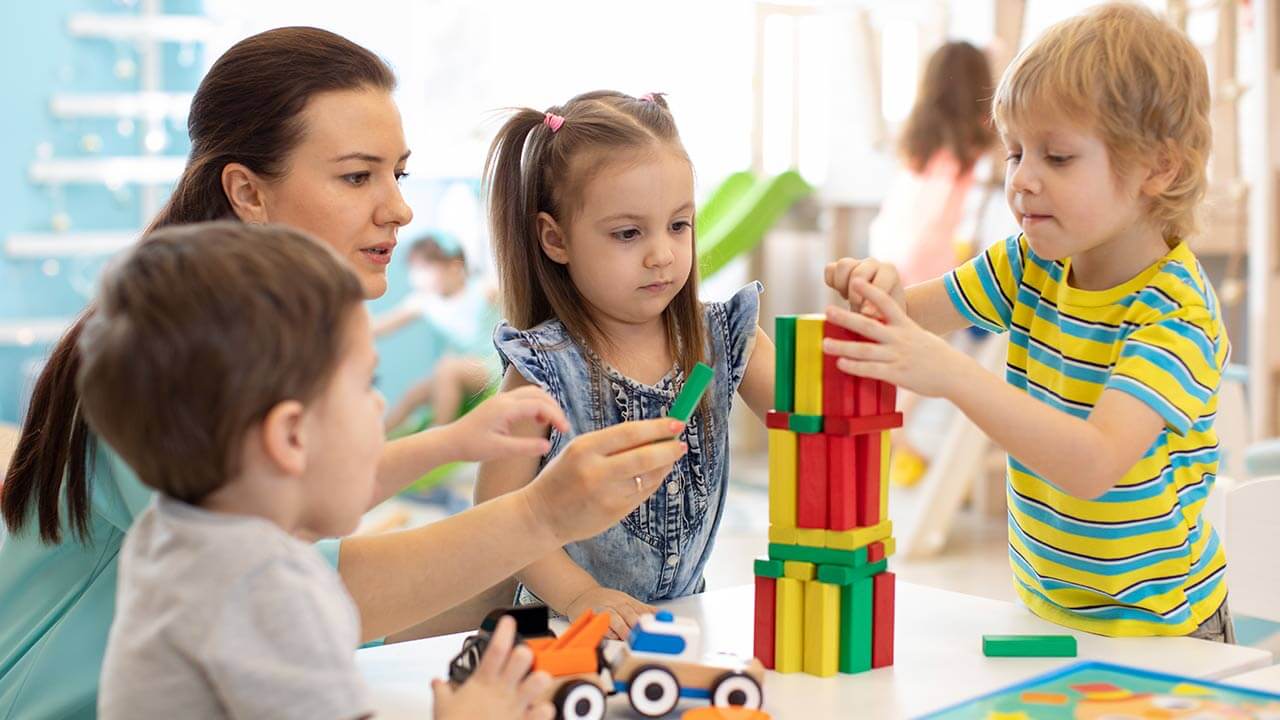
How much does kindergarten cost in Singapore?
There are several early childhood programs available in Singapore, each with a different range of fees.
Government-operated programs known as Ministry of Education (MOE) kindergartens are popular among parents because of their affordable fees.
For example, Singaporean citizens are expected to pay S$160 per month per child for a 4-hour half-day program. Permanent residents pay double at S$320 per month per child.
For parents who wish to enroll their kids in a full-day (7AM to 7PM) MOE Kindergarten program, fees range from S$325 to S$386 a month on average (double for permanent residents). International kindergarten program fees range from S$1,600 to S$2,900 a month.
Child care centers regulated by the Early Childhood Development Agency (ECDA) also offer kindergarten programs at affordable rates (S$160 for a half-day program, and S$720 for a full-day program), thanks to the government scheme of Anchor Operators (AOPs). This is a popular option among parents in lower-income groups.
Parents can also enroll their child into their kindergarten of choice and apply for a government grant or financial assistance through Kindergarten Fee Assistance Scheme (KiFAS), Kindergarten Care (Kcare Subsidy) and the Start-Up Grant.
Parents who are seeking a holistic education system for their children and/or are preparing their precious ones for an international school system should consider an Early Childhood program that does just that, and more.
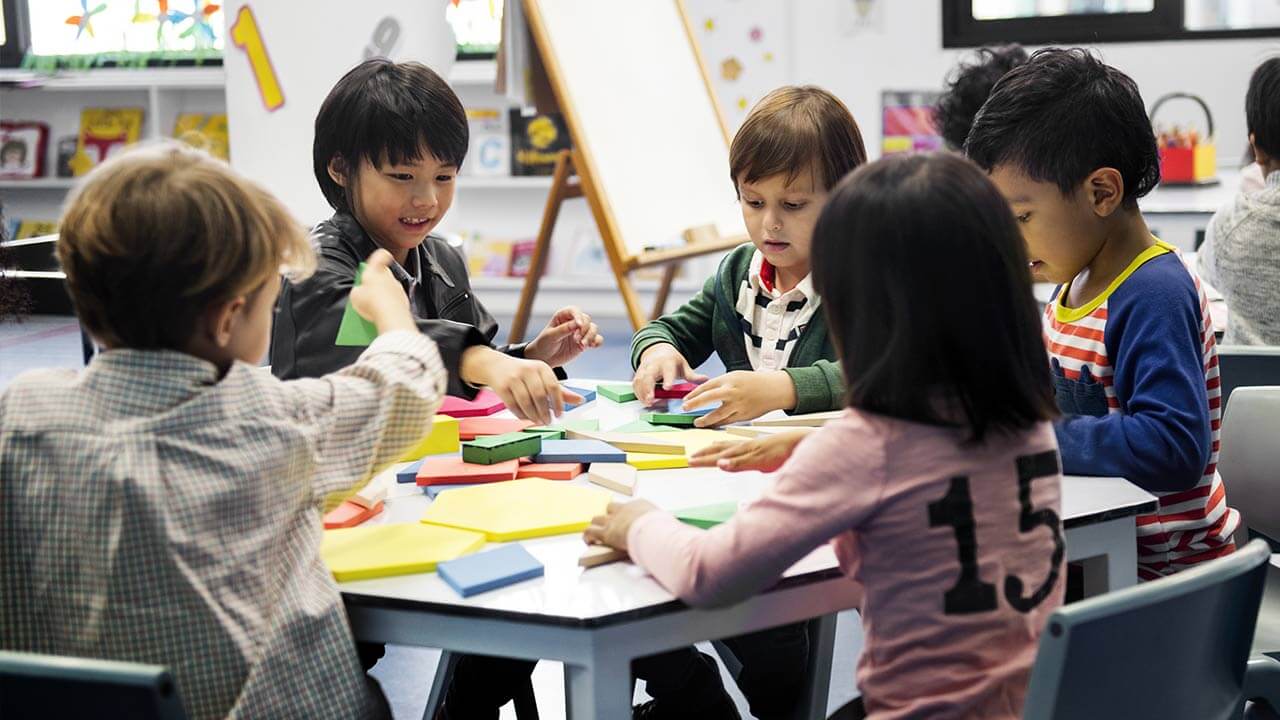
Ideal Early Childhood Program to help your child develop the love for learning
Exploration, innovation, enterprise, challenge-seeking, civic responsibility and problem-solving are key traits of a true Pioneer.
The right Early Childhood program can help your child to learn (and develop) these new traits in ways that make them happier. This type of kindergarten program can prepare them for the future challenges of primary schools in Singapore, which are often competitive in nature.
The Early Childhood program covers Preschool to Kindergarten 2 levels and is designed to meet the developmental needs and readiness of young children.
What should you look for?
- The subject areas are approached from your child’s developmental perspective, background knowledge and level of understanding.
- Teachers create a safe space for children to nurture their curiosity, confidence and positive attitude towards education.
- Methods of teaching include purposeful play, which can help spark critical and creative thinking. These habits, when learned at an early age, are essential to support lifelong learning.
Early Childhood Program preparing students to become the next generation of Pioneers
XCL American Academy (XAA) is the American international school in Singapore, offering an authentic American education for children aged 3-14.
With a mission to cultivate the Pioneering spirit in its students as they enter and continue on their educational journey towards an international American education, we believe that every child has access to a high-quality, purpose-designed, world-class education that creates seamless pathways to high school and beyond.
Prepare your child as early as kindergarten age at XCL American Academy (XAA) today. Learn more about our Early Childhood program now!
This website uses cookies to improve user experience. By using our website you consent to all cookies in accordance with our Privacy Policy.
